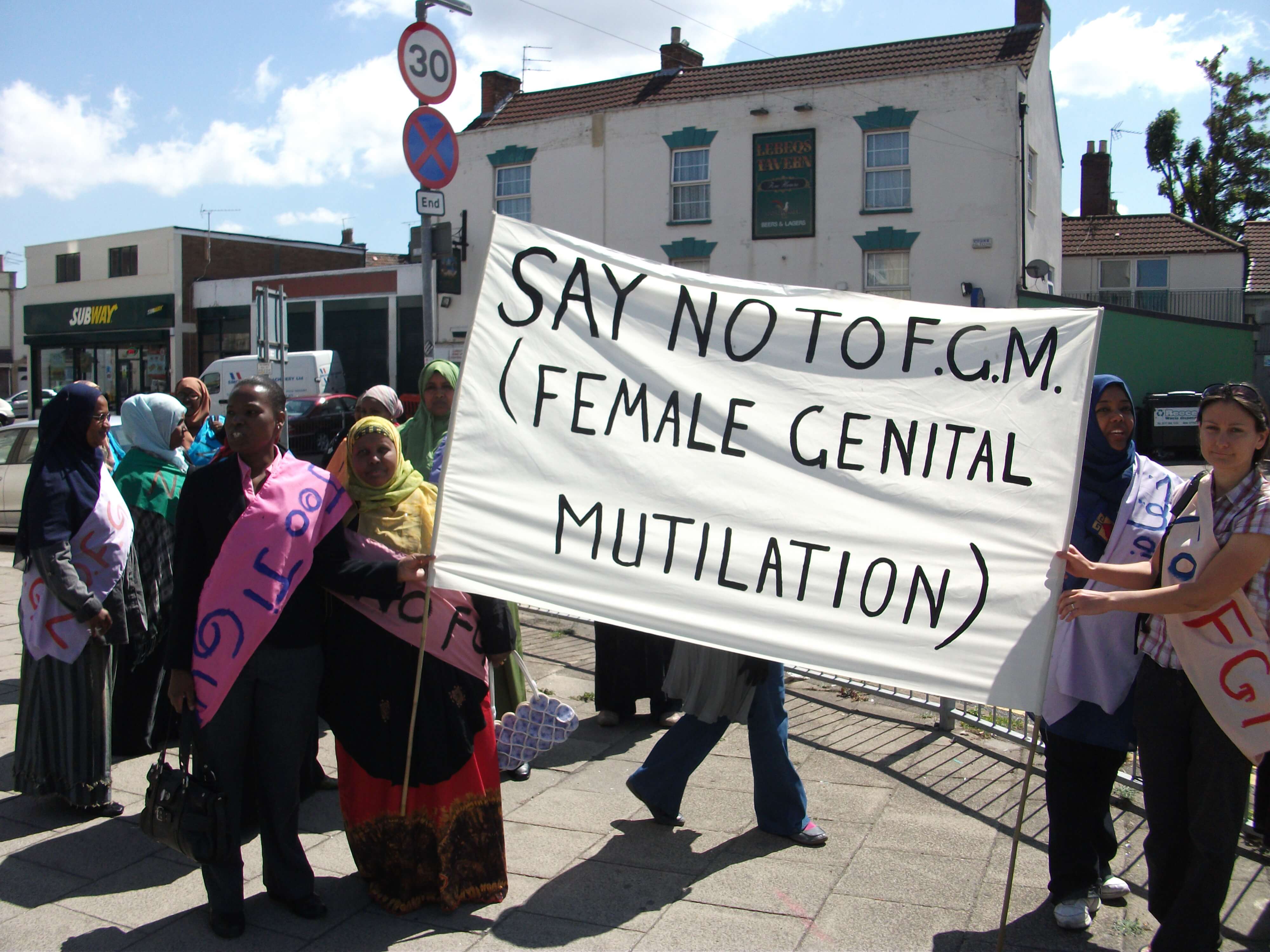EU Positions on Millennium Development Goals Should Address Human Rights Violations
FORWARD and the END FGM European Campaign have called upon EU Member States to ensure that human rights violations such as female genital mutilation, are addressed in the EU’s common position on the Millennium Development Goals at the Foreign Affairs Council meeting in Brussels on 14 June 2010.
The letter was sent to Foreign Secretary William Hague and Minister for Europe David Lidington as part of a coordinated action by END FGM European Campaign partners across Europe.
Here is an extract of the letter:
“…The agreed framework of the eight Millennium Development Goals (MDGs) is aimed to be achieved by 2015. This momentous consensus on behalf of the international community represents a strong commitment to put a decisive end to poverty and human rights violations across the world. In view of the upcoming high level meeting on 20-22 September 2010 to review progress achieved towards the MDGs, we, as a partner of the END FGM European Campaign, urge you to address human rights violations, discrimination and inequalities as issues of serious concern that continue to undermine global efforts towards the achievement of the MDGs.
Female genital mutilation (FGM) is a harmful traditional practice that violates the fundamental rights of women and girls across the world. This practice has a negative impact on the achievement of the MDGs – specifically MDGs 3, 4, 5 and 6 – and should be an integral part of progress. Time is of greatest essence now that we are five years away from 2015 with little or no progress on maternal mortality (MDG 5), marginal progress on child mortality (MDG 4) and an increased feminization of the HIV/AIDS epidemic in Sub-Saharan Africa (MDG 6). The document Ending FGM to promote the achievement of the Millennium Development Goals elaborates on the negative impact of FGM on efforts towards the achievement of MDGs.
We are heartened to note that the Coalition’s programme of government supports actions to achieve the MDGs, in particular reducing maternal and infant mortality; and also recognizes the vital role women have in development and the need to promote gender equality as well as the rights of women and children to access services.
As you will attend the Foreign Affairs Council meeting in Brussels on 14 June 2010, we urge you to ensure that FGM is addressed in the EU common position on the MDGs – as a factor that hampers progress and undermines efforts at global level to combat poverty and human rights violations. Concrete actions should be taken against FGM to strengthen progress on the MDGs.”
Background:
In the UN General Assembly’s High Level Forum on 20-22 September 2010, the progress on these goals will be reviewed. The European Union has stated a strong commitment to this framework in the European Consensus on Development, which represents the common values and principles held by the European Commission and the EU Member States.
On occasion of Mother’s Day, END FGM European Campaign released a document that explores the importance of raising female genital mutilation as an underlying cause of the lack of progress on the MDGs and makes recommendations to the EU in this regard.

